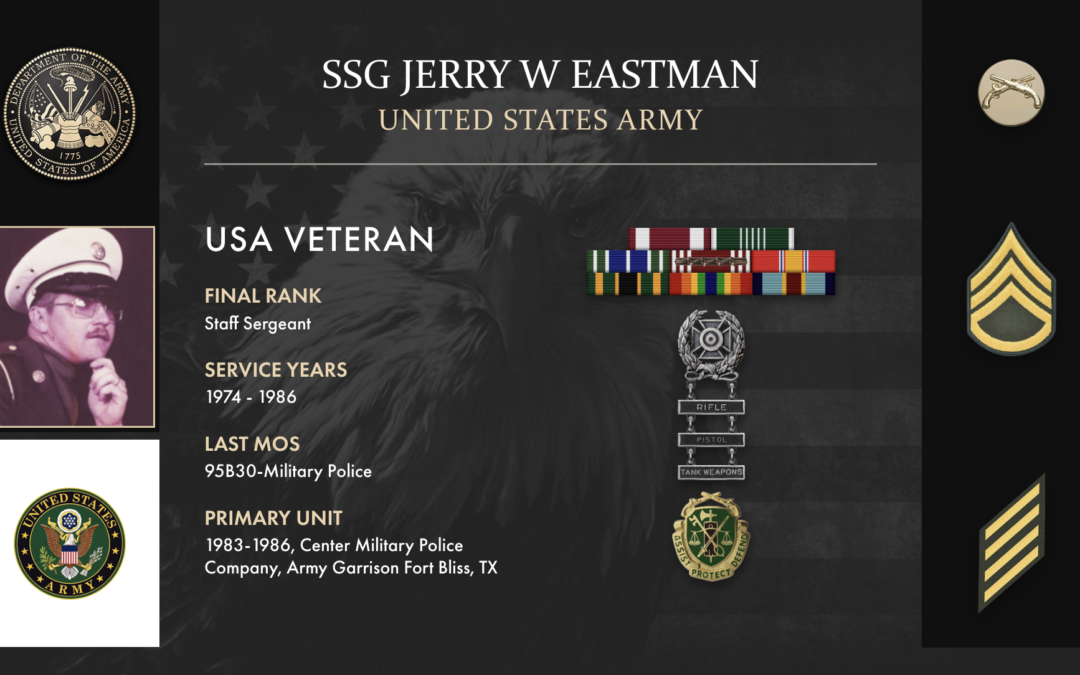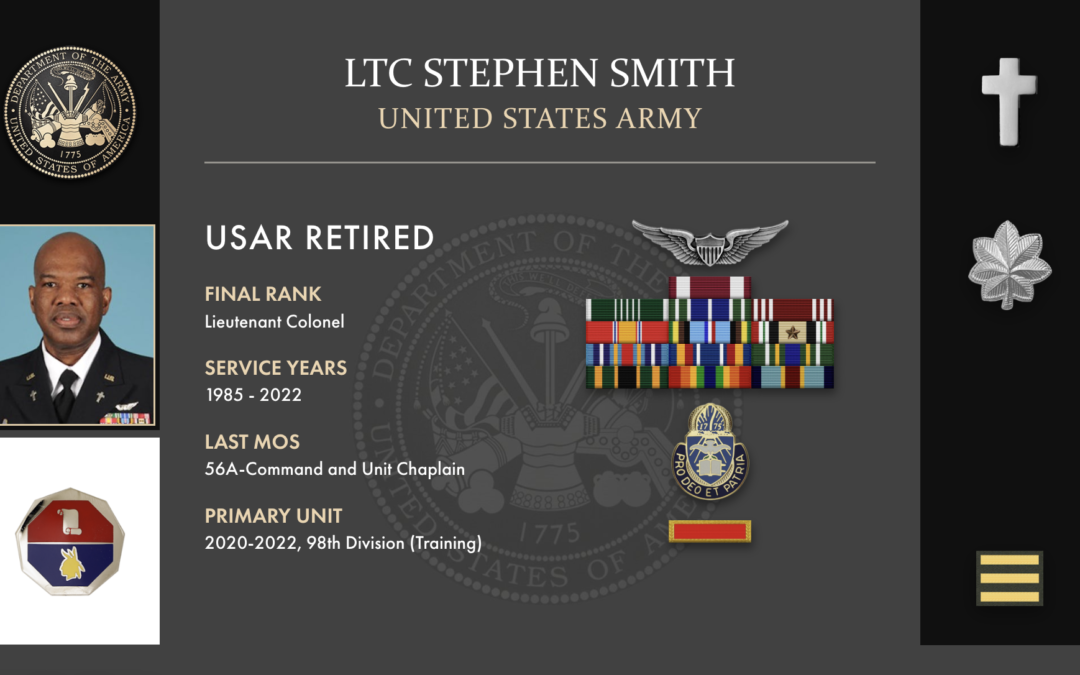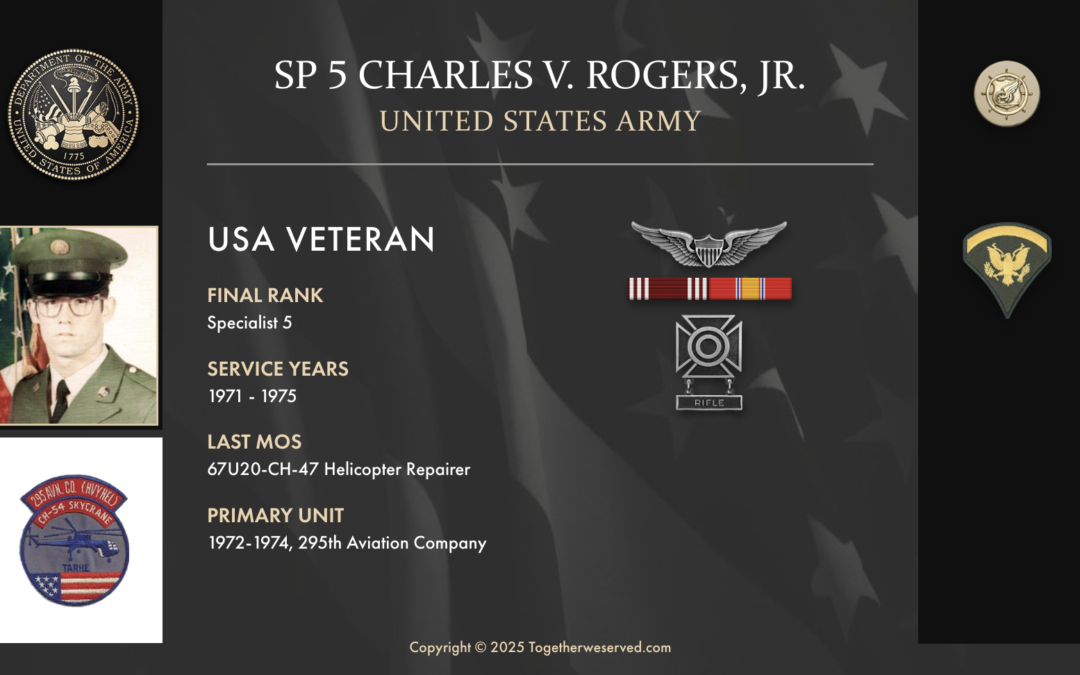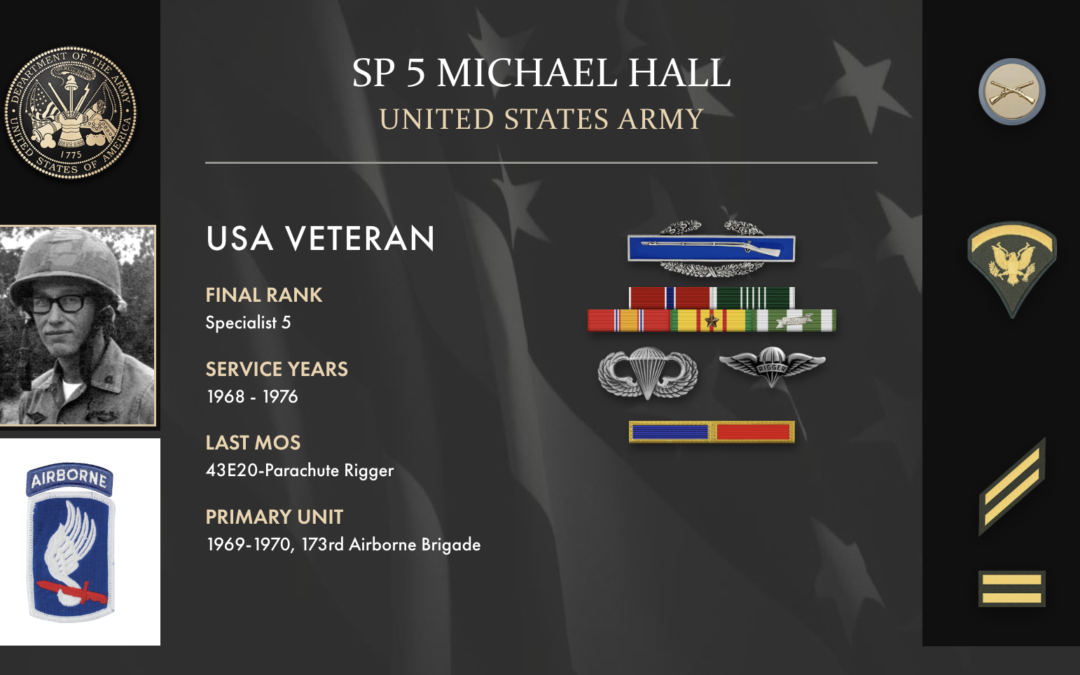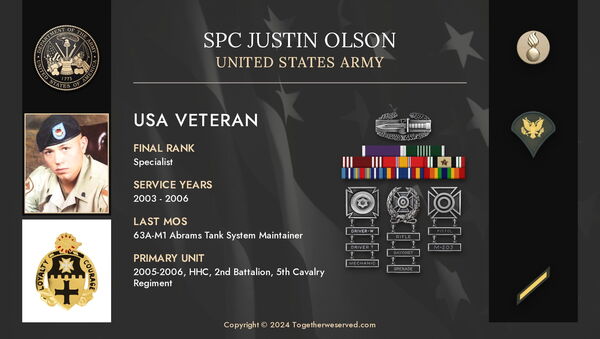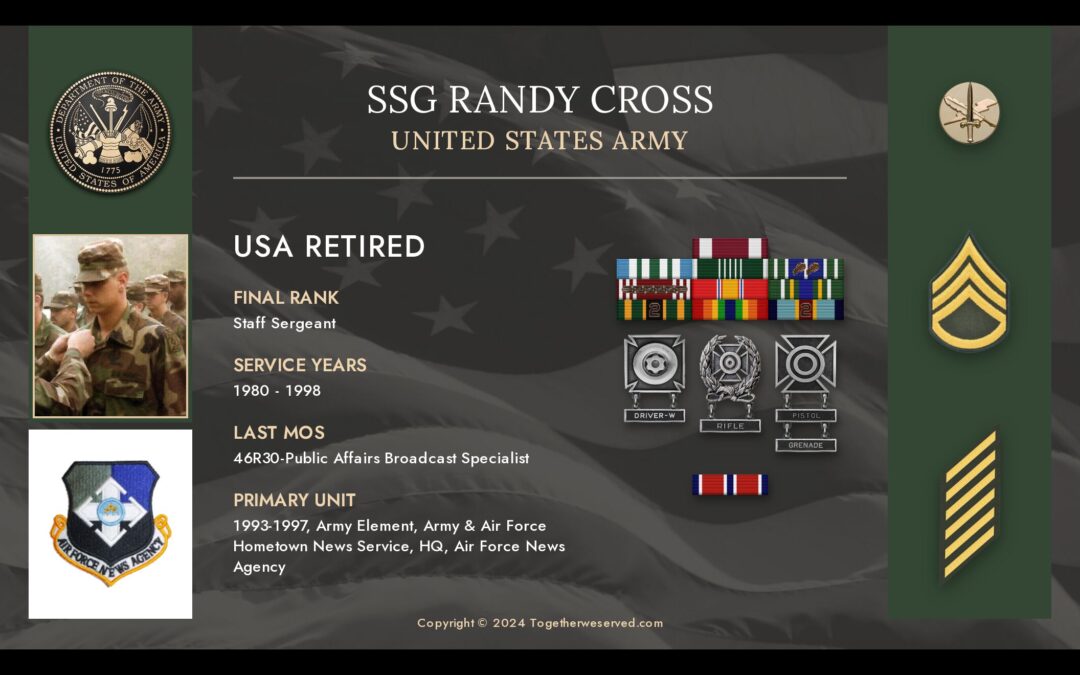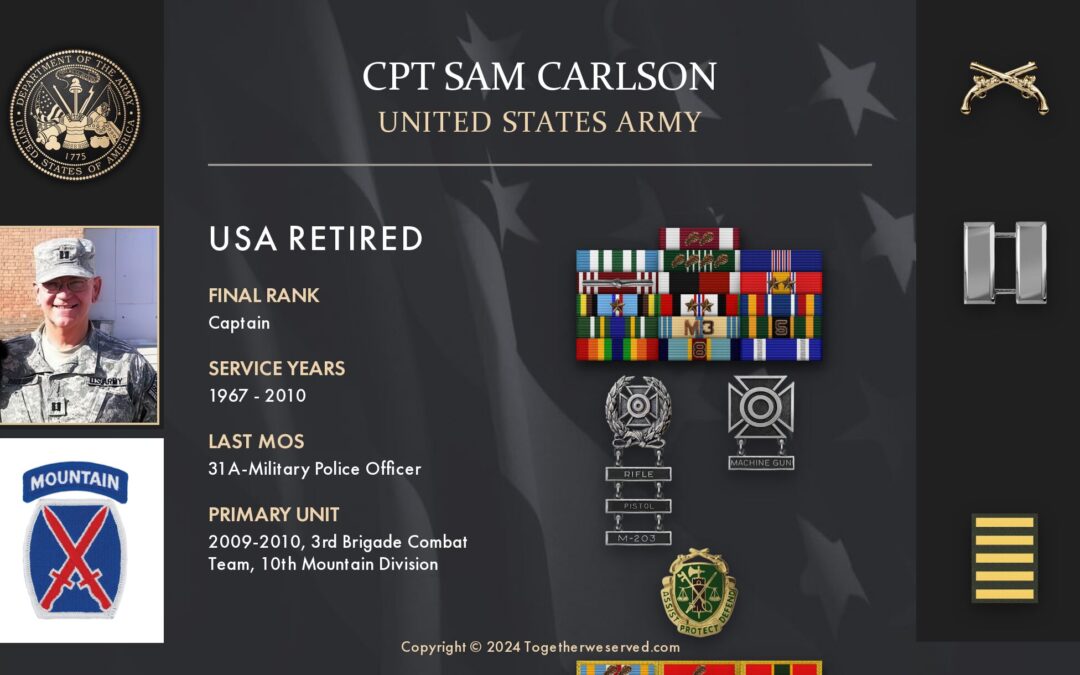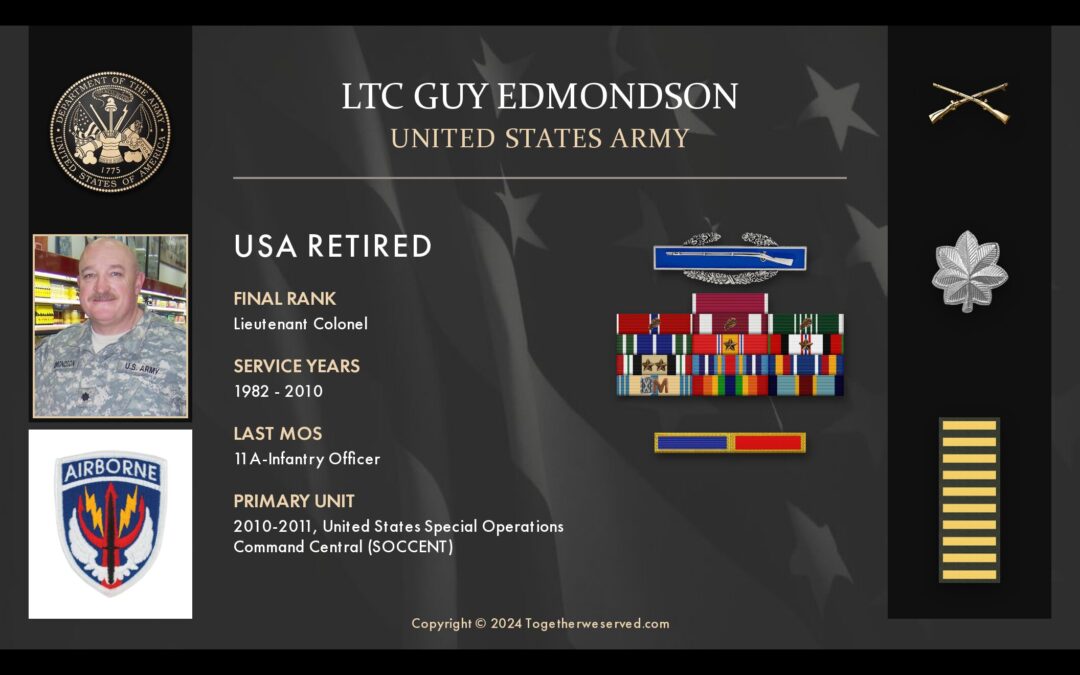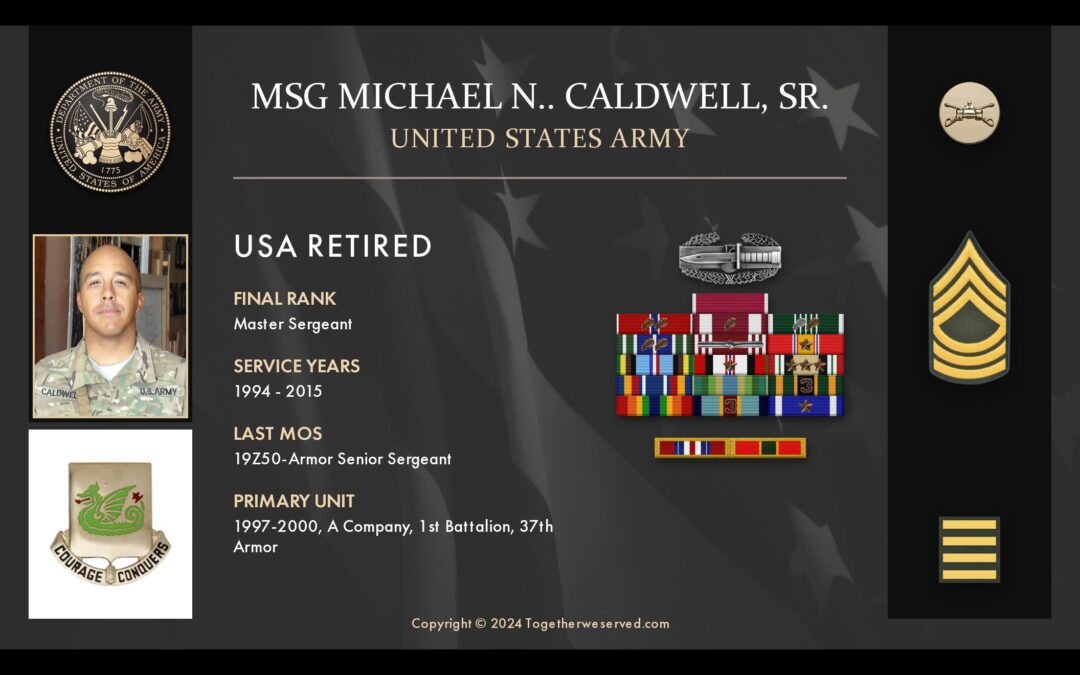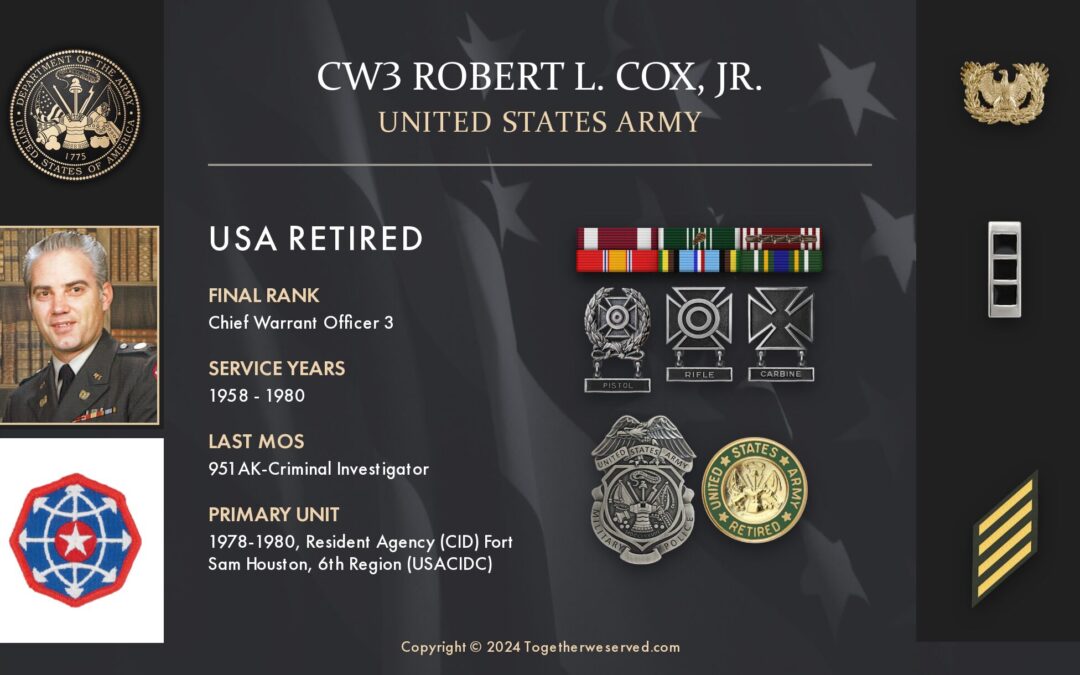I had always wanted to be in the military ever since I was a child. I was sure I wanted to join the US Marines and studied them while growing up. However, that was not to be the case, as my cousin, who is nine years older than I and was one of my primary babysitters growing up, went into the Marine Corps, became a sniper, and was in Vietnam during the Tet Offensive in 1968. Upon his return, he basically threatened me that if I even got close to a marine recruiter or office, he would personally “kick my butt.”
